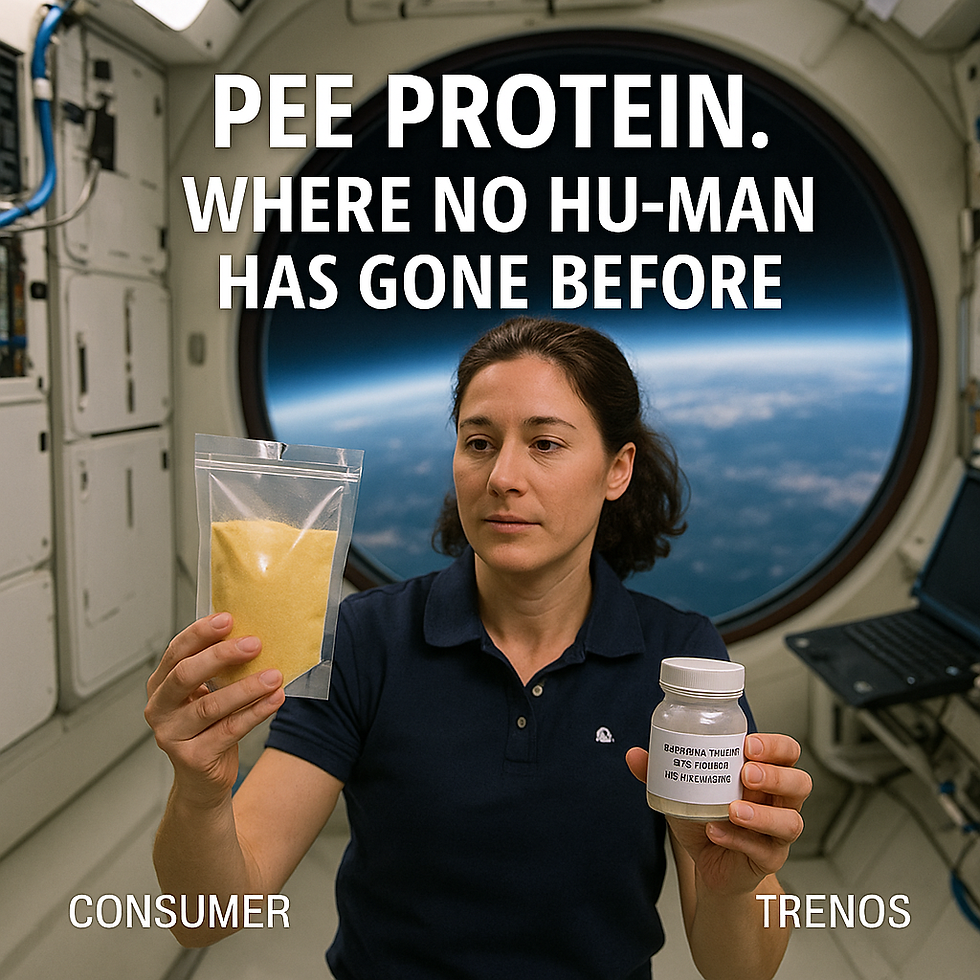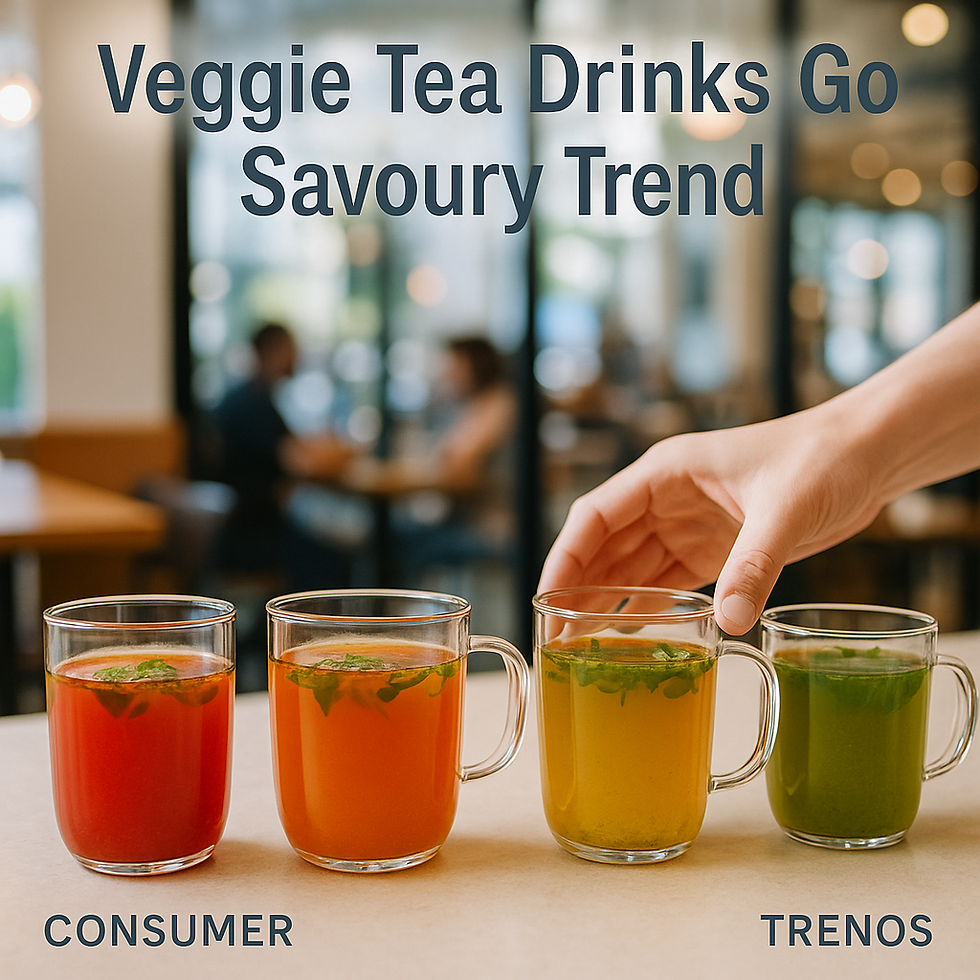TRENOS SiGINT: Veganburger vs Vegaworst: EU Debate Misses What Consumers Already Know
- Scott Mathias

- Nov 21, 2025
- 2 min read
Analyst: Scott Mathias, November, 2025

Signal:
Recent data from the Radar consumer panel (n ≈ 20,638) shows overwhelming clarity around plant-based naming conventions: 96% of Dutch consumers instantly recognise “vegaworst” is a vegetarian sausage and 74% prefer terms like “veganburger” over the proposed generic descriptors such as “plant-based patty.” This stands in direct contrast to EU policy pressure seeking to restrict familiar meat-linked terms for vegan alternatives, a regulatory push increasingly looking out of step with real consumer understanding and behaviour.
Human Factor:
For shoppers moving quickly through a supermarket aisle, language is navigation. “Veganburger” tells them everything they need, format, diet type, intention. The alternatives being suggested by EU policymakers effectively strip products of intuitive meaning, adding friction in a category relying heavily on recognisable cues. When the real-world consumer reads labels faster than lawmakers can redesign them, the signal is unmistakable - clarity already exists, and it’s coming from the ground up.
TRENOS Metrics Snapshot
Field | Value |
Signal | Consumer comprehension of plant-based naming conventions |
Data Point | 96% correctly identify vegaworst as meat-free; 74% prefer veganburger |
TikTok Views | Growing under naming debates (#veganburger, #vegaworst) |
Retail Footprint | Strong — burger & sausage formats dominate EU alt-protein shelves |
Ingredient Format | Plant-based protein, minced & formed formats |
Product Range | Burgers, sausages, schnitzels, mince, deli slices |
Consumer Segment | Flexitarians, vegetarians, eco-conscious shoppers |
Brand Origin | Netherlands / wider EU |
Export Status | EU labelling disputes may affect cross-border naming consistency |
Trend Classification | Protein-transition language & category semantics |
System Pressure Point | Regulatory tension between heritage food terms and modern dietary shifts |
Momentum | Rising — data strongly favours consumer-led naming logic |
Sentiment | Positive among consumers; defensive within traditional livestock sectors |
Where Signal Is Loudest | Netherlands, Germany, Nordic retail chains, EU parliament debates |
Related Links |
Long Play Analysis - Veganburger vs Vegaworst: EU Debate Misses What Consumers Already Know
The EU naming fight is no longer just a semantic tussle, it’s emerging as one of the defining cultural battlegrounds of the protein transition. When nearly 21,000 Dutch consumers demonstrate near-perfect clarity on terms like vegaworst and veganburger, the argument consumers are being misled collapses. The data shows an increasingly food-literate public, comfortable navigating hybrid, plant-based, and cultivated formats long before regulators catch up.
What’s at stake is commercial momentum. Product naming is one of the strongest levers for guiding trial, reducing hesitation, and signalling familiarity. Removing “burger,” “sausage,” or “steak” from plant-based packaging risks fragmenting a category depending on recognisable formats to convert flexitarian shoppers. The losers would not be supermarkets or regulators, but consumers and the climate targets they’re expected to support through dietary shifts.
Strategically, the Dutch results point to a larger truth which is the consumer is defining the future of protein far more quickly than policymakers. While the EU continues to debate terminology, wdue to heavy lobbying by the meat industry, retail behaviour shows shoppers already understand, accept, and even prefer naming conventions fusing old formats with new ingredients. In the next phase of the transition, regulators will need to reconsider whether restricting language supports clarity or simply slows a movement that’s gaining unstoppable cultural and commercial traction.
ENDS:




Comments